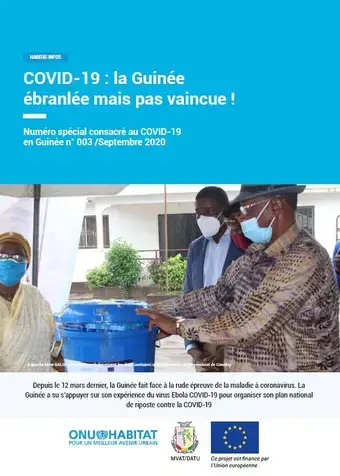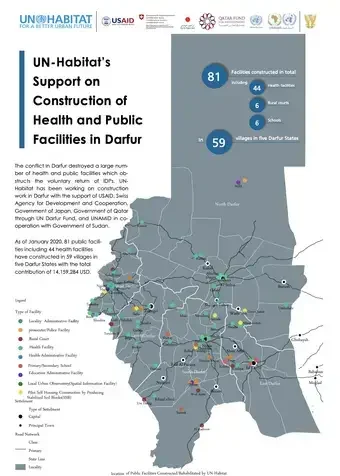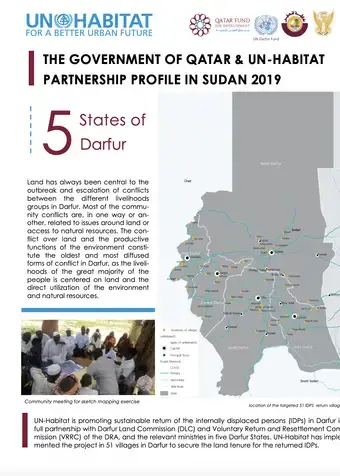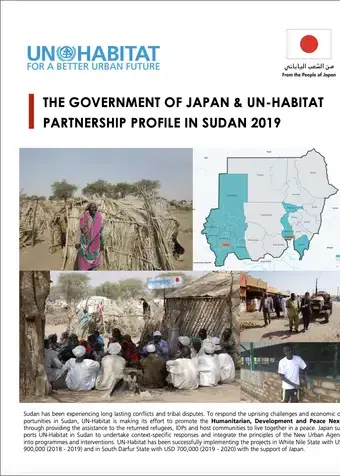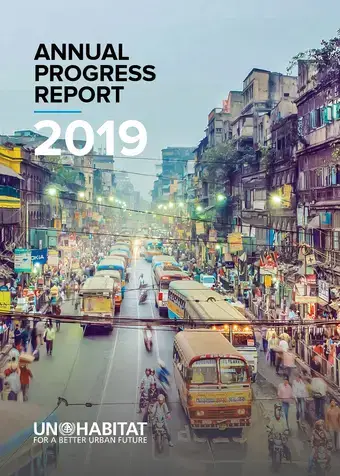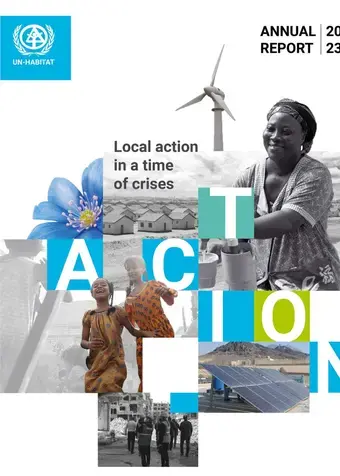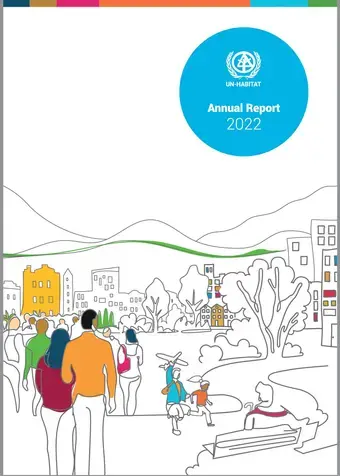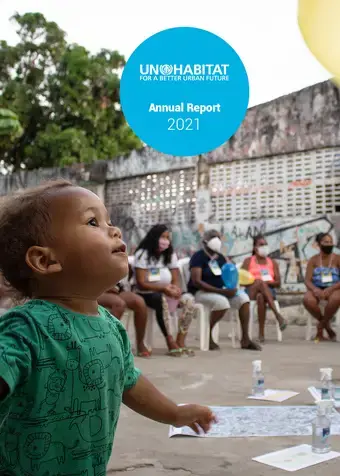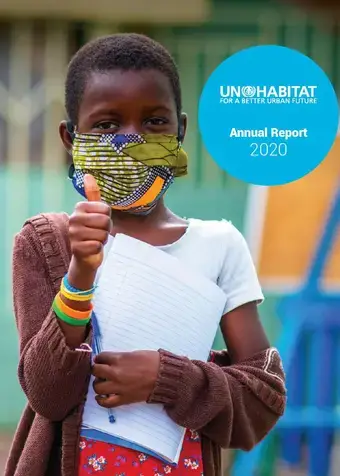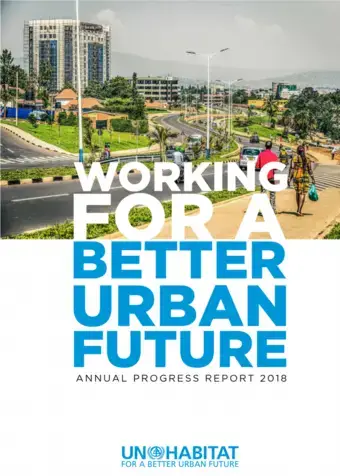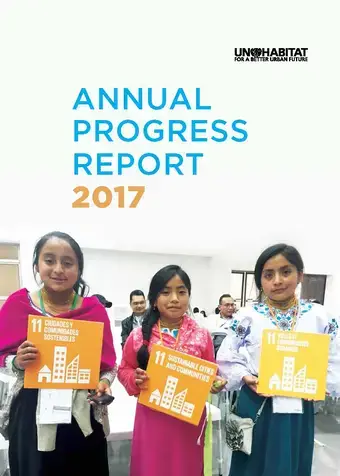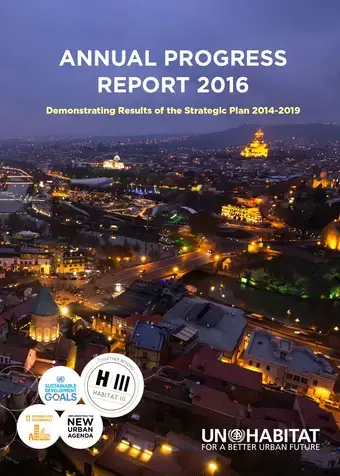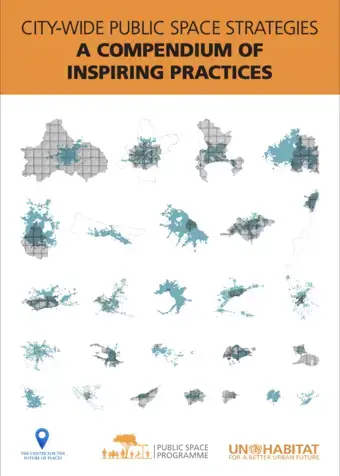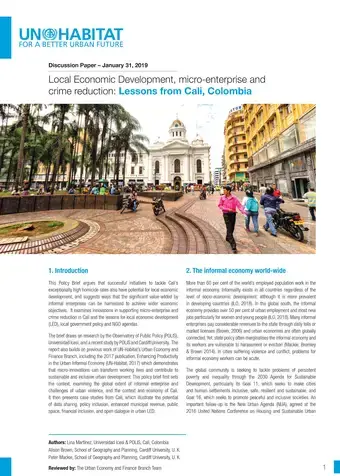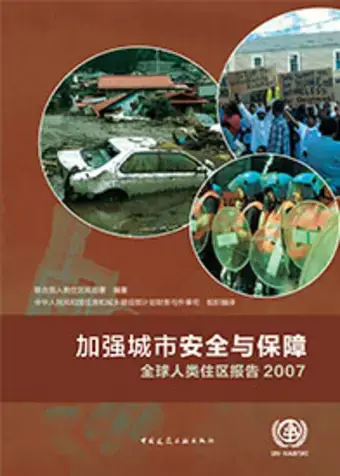 Milan 21 May 2015—UN-Habitat and the International Ecological Safety Collaborative Organization (IESCO), met with students, teacher, NGOs and local municipal leaders from around Milan and participated in a panel discussion on the importance of ecological and environmental safe
Milan 21 May 2015—UN-Habitat and the International Ecological Safety Collaborative Organization (IESCO), met with students, teacher, NGOs and local municipal leaders from around Milan and participated in a panel discussion on the importance of ecological and environmental safe
UN-Habitat to collaborate on risk reduction, safety in Iranian schools
Tehran, 16 December 2014 - UN-Habitat and the State Organization of Schools Renovation, Development and Mobilization (SOSDRM) of the Islamic Republic of Iran have signed a Memorandum of Understanding to work together to improve the safety and security facilities in schools in Iran.
Dr. Morteza Raissi Dehkordi, the Deputy Minister of Education and Head of SOSRDM and Mr. Siamak Moghaddam, acting Chief of the UN-Habitat Tehran office, signed the agreement at a ceremony held at the SOSRDM conference hall.
